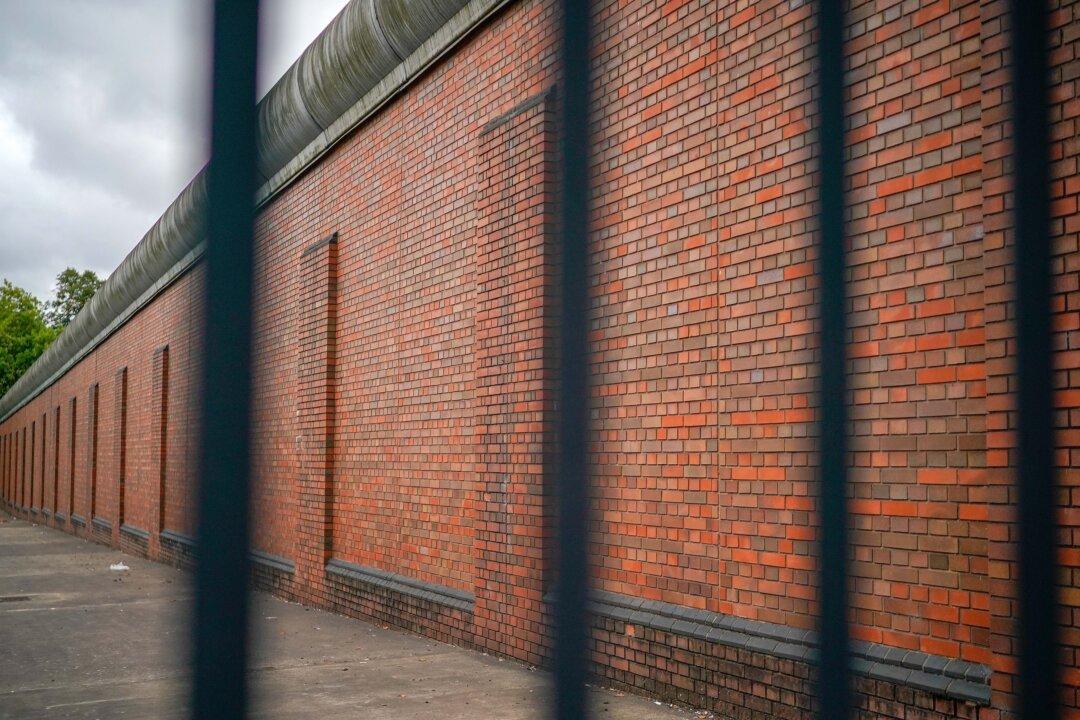The UK’s independent terrorism legislation watchdog is to start reviewing how to deal with terrorism in prisons.
Jonathan Hall QC, appointed in May 2019 as an independent reviewer of the UK’s terrorism legislation, has so far submitted two annual reports to the government. He announced on Monday that the subject of terrorism in prisons in England and Wales will be a part of his next review.





